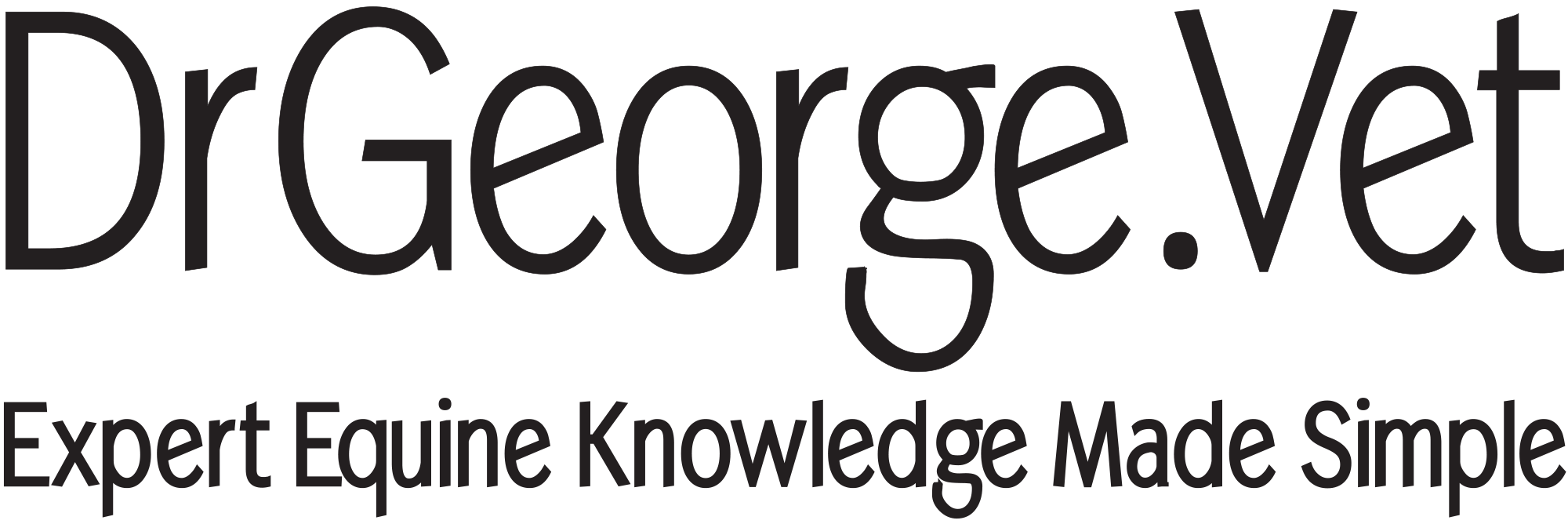Equine parasite control is moving away from traditional ‘interval’ worming every 8-12 weeks towards a more sustainable approach known as ‘strategic’ worming.
All horses naturally will carry a small worm burden. ‘Strategic’ worming works by accepting that it is impossible to totally eradicate parasites and instead concentrates on minimising their impact on the horse. This also preserves the parasitic gene pool so that the worms stay susceptible to the drug groups we have available – so reduces resistance to the wormers.
Strategic worming:
1. Assess the worm burden in individual horses using Faecal Egg Counts (FEC)
2. Taylor the frequency of worming in those individual horses according to the strongyle egg burden whilst maintaining effective control over other parasites eg. Large strongyles, tapeworm, bots.
Horses tend to be relatively consistent in their individual egg-shedding profiles, so it’s not necessary to perform a FEC before every worming. Annual egg count data from each horse should be enough to develop an effective worming strategy. The cost of doing FECs is offset by less frequent worming treatments being given to fewer horses.
Most horses are ‘low shedders’, some are ‘high shedders’. This is usually determined by horse genetics and immunity. Every horse is unique and there is no ‘one-size fits all’.
Tapeworms, bots and large strongyles can usually be adequately controlled by worming twice yearly with a macrocyclic lactone wormer (moxidectin, abamectin, ivermectin) in combination with praziquantel. With this combination, used twice yearly, the numbers of ‘encysted stages’ of the small strongyles will also be minimal.
World renowned experts, such as Prof. Martin Nielsen of the Glock Institute Kentucky, tell us not to rotate wormers but to ‘use the most effective wormer and use it appropriately’.
A basic strategy using a combination wormer, such as moxidectin and praziquantel, which would suit most low-shedding adult horses is illustrated below:
When strategic worming is used, for most adult horses there is no need for the use of a wormer in summer and winter. For horses with high egg counts, summer and winter worming may be required.
Smart pasture management is also key to keep parasite levels down with:
- Manure removal
- Rotational pastures
- Cross-species grazing
Of course, your environment and the age of the horse also plays a role. In areas where pinworm are prevalent, worming through the summer with ivermectin may be necessary. In stud farms, where there are high numbers of youngstock, a more intensive strategy may be necessary. Always include your vet in these discussions to make sure that a taylor-made deworming plan can be suited to the requirements of your horses.





No Comments